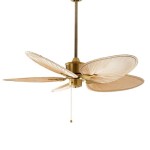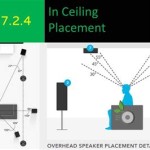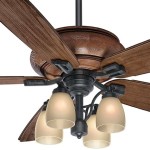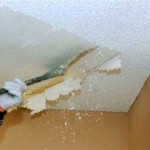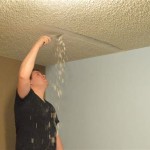Cost to Install a Suspended Ceiling
Suspended ceilings, also known as drop ceilings, are a popular choice for commercial and residential buildings due to their versatility, durability, and sound-absorbing qualities. They consist of a grid system suspended from the main ceiling, with panels that can be easily removed for access to utilities or maintenance. The cost to install a suspended ceiling can vary significantly depending on factors such as the size of the area, the type of materials used, and the complexity of the design.
Materials and Labor Costs
The materials used in a suspended ceiling system include the grid system, panels, and any lighting fixtures or accessories. The cost of these materials will vary depending on the quality and brand you choose. Labor costs will also vary depending on the size of the project and the experience of the installer.
Size of the Area
The square footage of the area where the suspended ceiling is being installed will impact the cost. Larger areas require more materials and labor, which can increase the overall cost.
Type of Materials
Suspended ceiling panels come in a variety of materials, including metal, fiberglass, and mineral fiber. Metal panels are the most durable and fire-resistant, but they are also the most expensive. Fiberglass panels are less expensive but not as durable or fire-resistant. Mineral fiber panels are a good compromise between cost, durability, and fire resistance.
Complexity of Design
The design of the suspended ceiling can also affect the cost. Complex designs, such as those with multiple levels or curves, require more materials and labor, which can increase the overall cost.
Average Cost
According to HomeAdvisor, the average cost to install a suspended ceiling ranges from $5 to $15 per square foot. This includes materials and labor costs. However, the actual cost can vary significantly depending on the factors discussed above. It is always advisable to get quotes from multiple contractors before making a decision.
Factors to Consider When Budgeting
When budgeting for a suspended ceiling installation, it is important to consider the following factors:
- Size of the area
- Type of materials used
- Complexity of design
- Labor costs in your area
- Any additional features, such as lighting fixtures or soundproofing
Benefits of Suspended Ceilings
Suspended ceilings offer a number of benefits, including:
- Versatility: They can be installed in a variety of spaces, including offices, retail stores, schools, and hospitals.
- Durability: They are made of durable materials that can withstand wear and tear.
- Sound absorption: They can help to reduce noise levels in a space.
- Easy access: The panels can be easily removed for access to utilities or maintenance.
- Fire resistance: Some suspended ceiling panels are fire-resistant, which can help to protect a building in the event of a fire.

Suspended Ceiling Costs Calculator Quotes For 2024

Suspended Ceiling Cost Guide How Much For A False

Woodtrac Ceiling System Review Upgrade Your

Suspended Ceiling Cost Guide How Much Do Ceilings

How Much Does A Drop Ceiling Cost In 2024 Homeguide

How Much Does A Suspended Ceiling Cost In 2024 Tiles

Suspended Ceiling Costs Calculator Quotes For 2024

How Much Does A Ceiling Installation Cost In 2024

Suspended Ceiling Acoustic Ceilings Cost Effective

Suspended Ceilings Your Questions Answered
See Also

